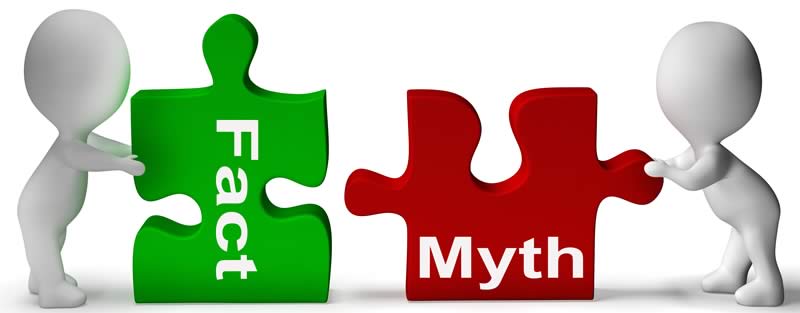
Winemaking Facts and Myths
People have been making wine forever so it's naturally a part of our folklore. There are many myths and anecdotes about homemade alcohol. Most of these are totally untrue and some are downright silly. Here is a list of some myths you might have heard followed by the facts.
Myth: Making wine at home is unsafe and drinking it could make you sick.
Fact: The process of making wine is the same in your home as it is in a factory albeit on a much smaller scale. Your home-crafted wine is just as safe as commercial wine. Pathogenic bacteria (the stuff that makes you sick) cannot survive in wine. The common spoilage bacterium that can survive in alcohol can make your wine unpalatable but it will not harm you. If you follow the proper procedures your wine will taste just as good or better than commercial wines.
Myth:The alcohol you make at home can poison you or make you blind.
Fact: The alcohol made by the fermentation of sugar is ethyl alcohol and should not be confused with its deadly cousin Methyl (wood) alcohol. All of the stories you hear about people going blind and been poisoned was by the accidental or uninformed consumption of methyl alcohol. This is not the type of alcohol you will be making.
Myth: Homemade wine tastes awful.
Fact: You can make wine that is as good or better than commercial products. They make it the same way as you do but only on a much larger scale. Any wine can taste bad—commercial or homemade—if it's not made using the proper equipment, techniques and ingredients.
Myth: Homemade wine is potent.
Fact: Most wine contains from 10 to 12 percent alcohol and that is what you'll get when you use a wine kit. However fermented alcoholic beverages can reach a maximum of about 20 percent alcohol by volume (and that is with some difficulty). Alcohol is made by converting sugar into alcohol. Some people who make wine from their own fruit or berries may add too much sugar and produce a wine that is very high in alcohol. This may be how the myth originated. However the fact remains that fermentation on it's own can only produce up to 20 percent alcohol. To reach higher alcohol levels than 20 percent you will have to process it with a distiller which is illegal in most of North America.
